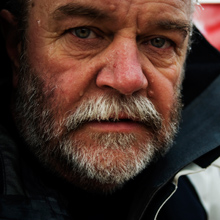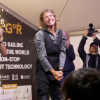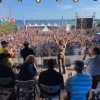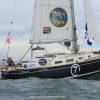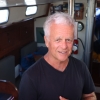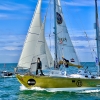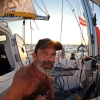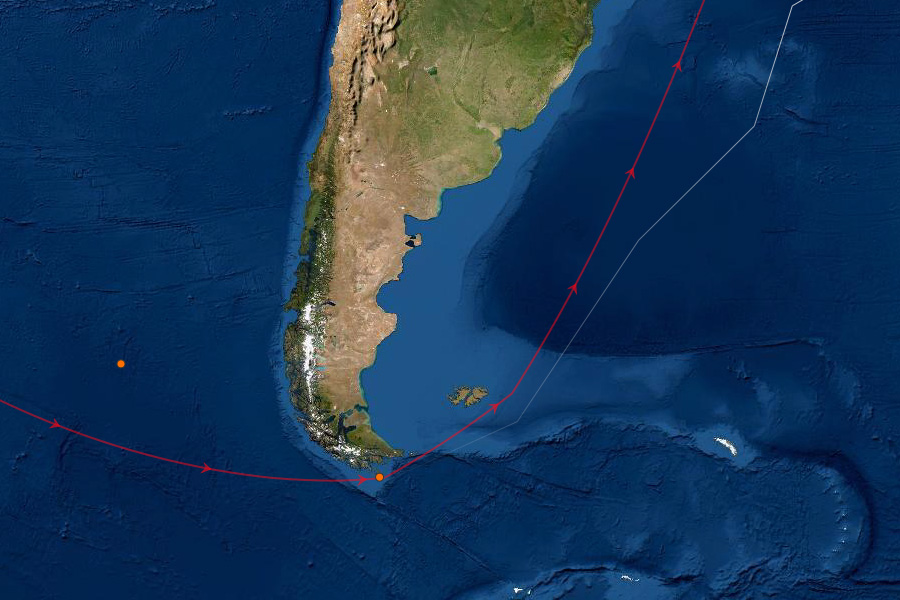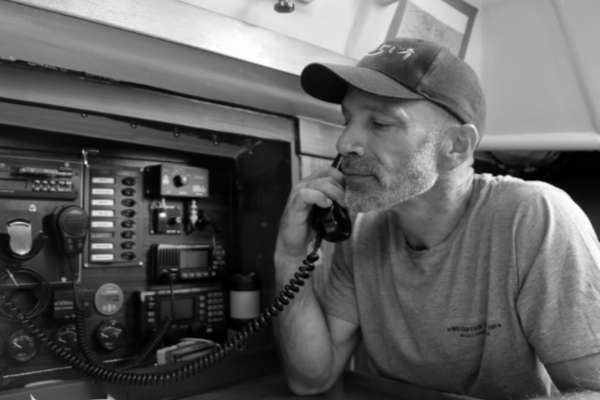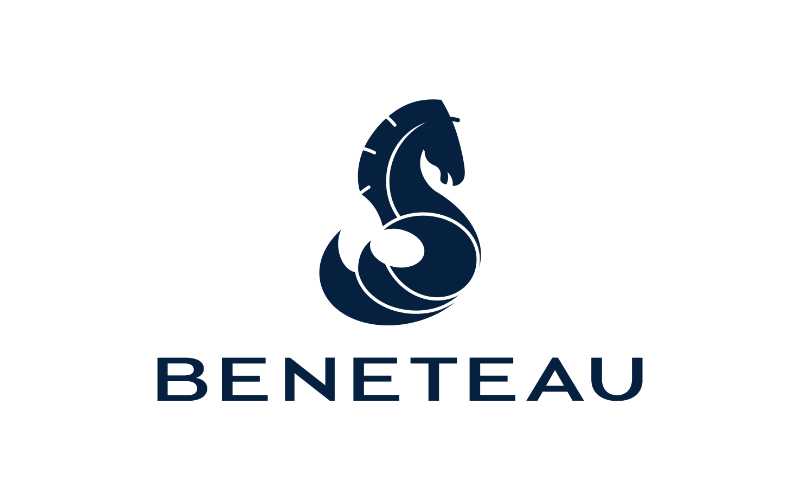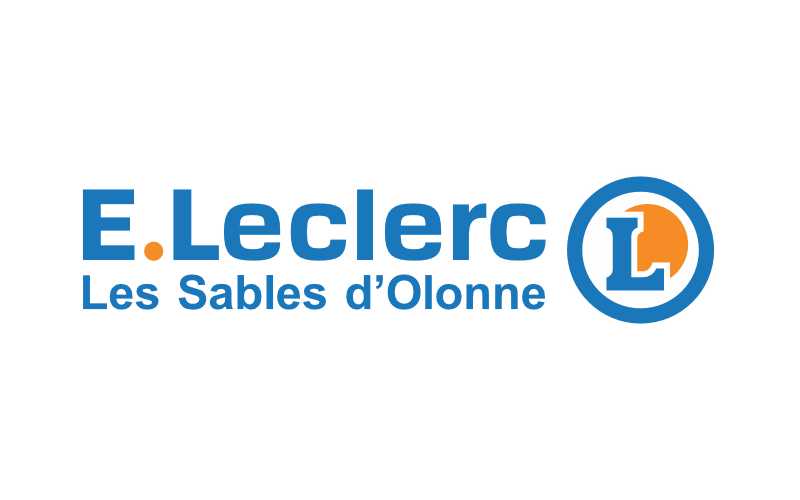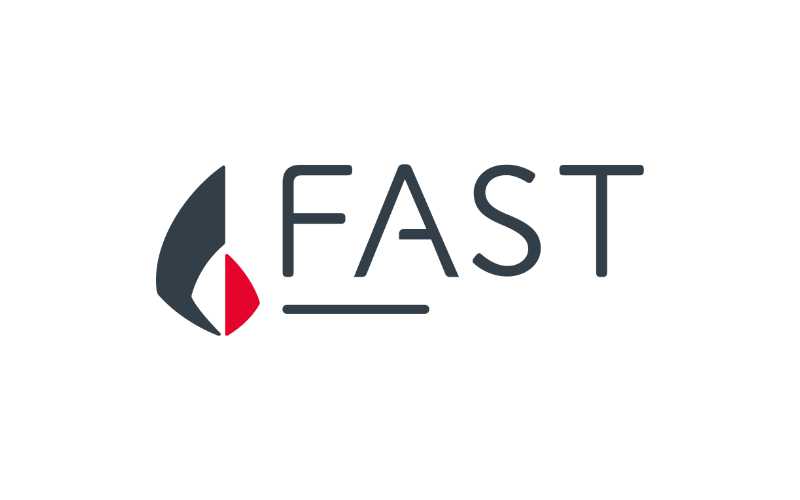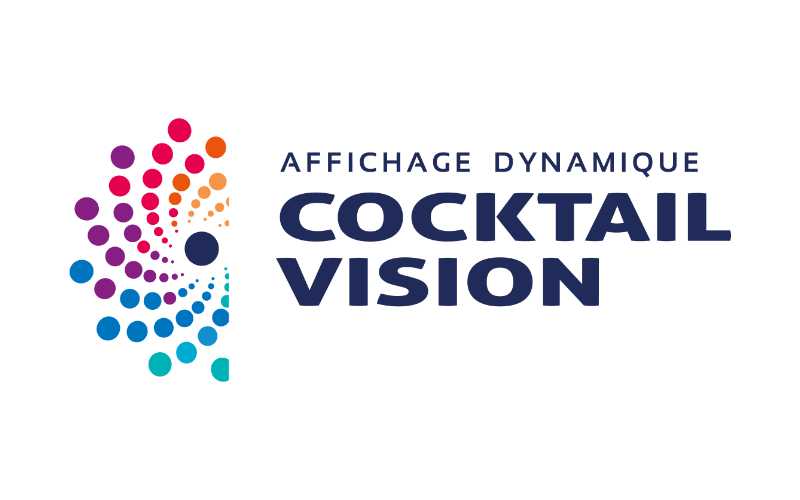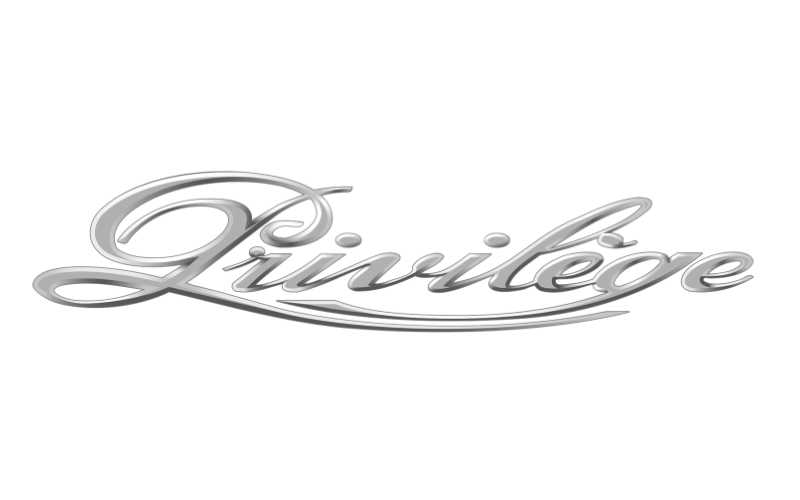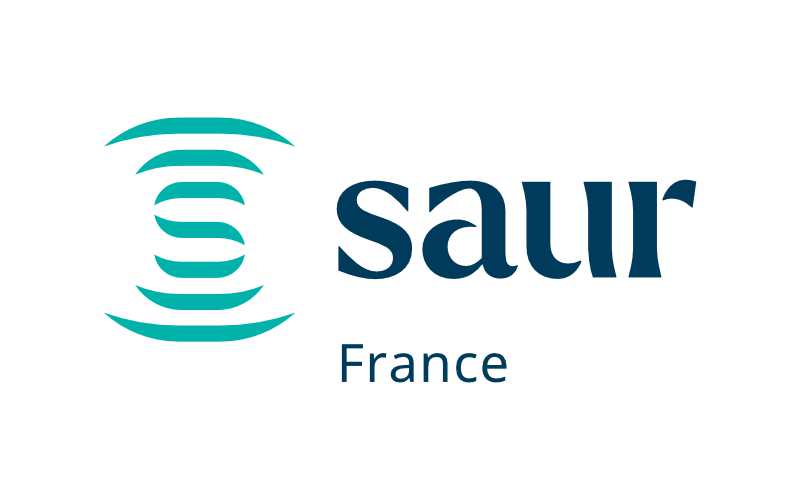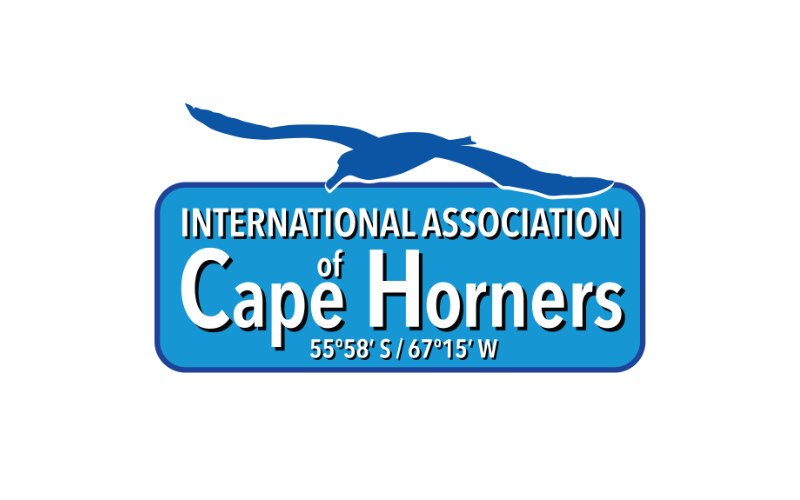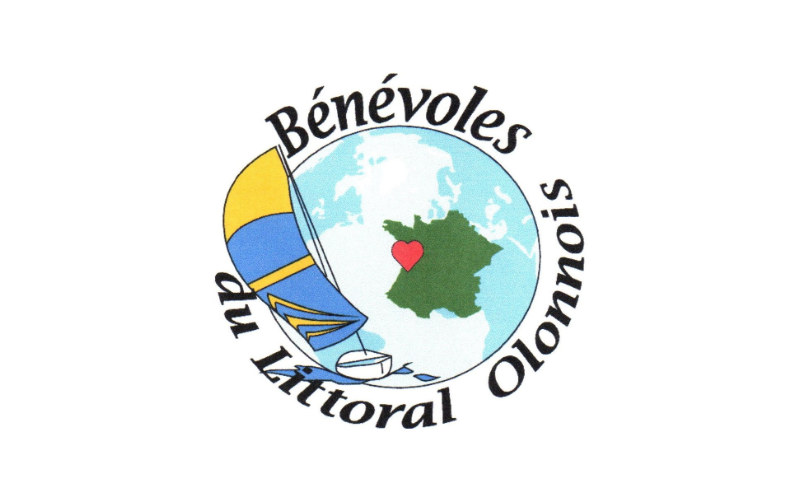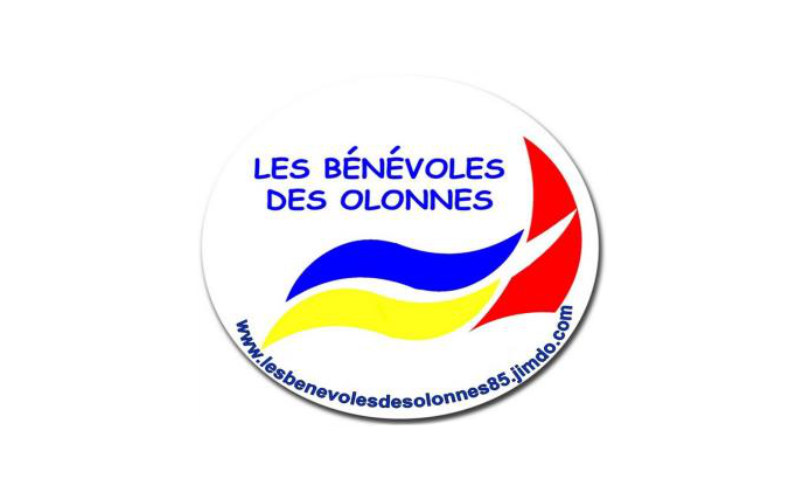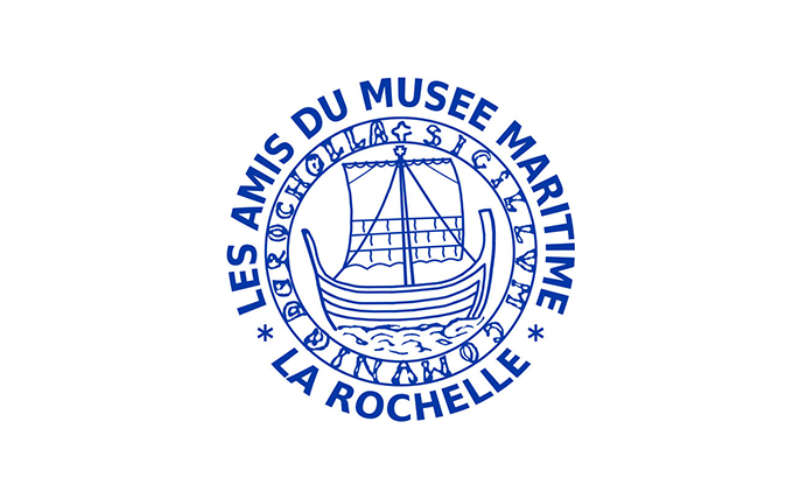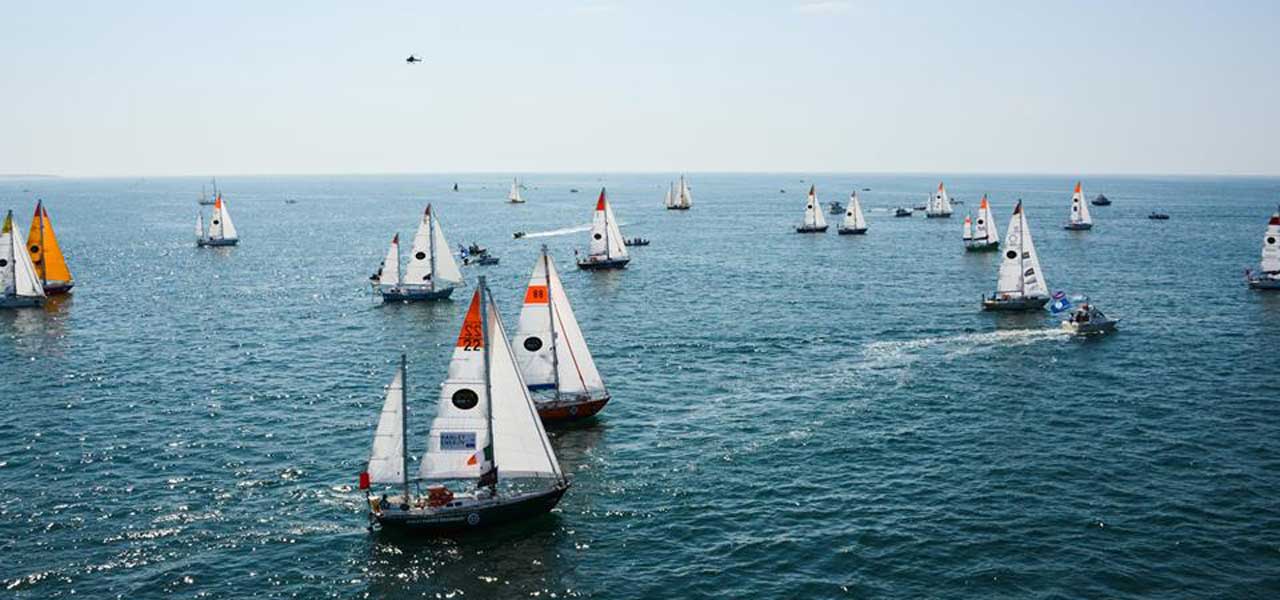
Désolé, cet article est seulement disponible en Anglais.
After the start from Les Sables D’Olonne one could have expected some serious wind in the Gulf of Biscay and around Cape Finisterre. Two course are possible for the Gulf of Biscay: option one is direct to Cape Finisterre, with the risk of swells and waves. The second option is inshore, with the risk of light winds and more wind shifts.
The first days were all but rough winds and seas. The Gulf has been very kind to the fleet with easy winds, almost to nothing.
Image 1 (under the post) – 2nd of July: A the fleet is diverging a little bit, but still all heading the same course.
This changes in 24 hours, as seen in Image 2, to a true spaghetti with some competitors heading for the inshore option, other going for the straight line. The sailors do not receive any other weather forecasts than over the HF and with the help of a barometer. They need to rely on their own insights and interpretations, hence the big differences in strategies.
Image 2 (under the post) – 3st of July: the fleet scatters around with some heading inshore, some following the direct route.
The competitors opting for a more direct route are tacking upwind and making the most progress, as the inshore option has more light wind. This results in a group of 4 (Mark Slats #68, Philippe Peche #85, Jean Luc van Den Heede #8 and Uku Randmaa #2) leading the pack around the Cape Finisterre as they also enter light winds.
Image 3 (under the post) – 4st of July: the leaders following the direct route experience more wind than the inshore group.
Across Cape Finisterre
Mark Slats (#68) puts his possibility to row across light airs into practice and rounds Cape Finisterre first.
As soon as the group has rounded Cape Finisterre the are sailing downwinds with about 12-16 knots of windspeed. With kites and gennakers up the boats report via satellite text’s nice sailing at reaching courses.
At this point three groups begin to become visible:
The forefront with Mark Slats (#68), Philippe ( #85) and Jean Luc ( #8).
A middle group with Susie (#73); Uku (#2); Are (#7); Igor (#11); Tapio (#6); Loic ( #56); Gregor (#22) and Abhilash (#5).
The back of the fleet shows Nabil (#67); Mark Sinclair ( #88); Antoine (#1); Kevin (#13) and Istvan (#37).
The back of the fleet shows some of the boats reporting technical issues, for example issues with the selfsteering devices (Antoine Cousot #1, Kevin Farebrother #13).
When sailing singlehanded the self-steering device is the most important device to keep going while taking a nap or adjusting the sails. Mark Sinclair(#88) on the other hand reports he hasn’t touched the tiller since the start.
Image 3 (under the post) – July 10: three groups start to emerge from the fleet.
Unfortunately Ertan (#94) retired on July the 5th and went into a harbour due to personal reasons.
As from the 9th of July the rest of the fleet experience more wind and cloudy sky. For days in a row using the sextant, so the fleet sails for days without a confirmed position. Without a position from the sun they need to rely on tracking their position by logging speed, distance and course. As they are approaching the mandatory scoring gate at the Rubicon Marine in Lanzarote this leads to skippers worrying they will miss the island.
With winds around 12-16 knots all the sailors are reporting good speeds towards Lanzarote.
Arrivals for mandatory gate
At the south side of Lanzarote, near the Rubicon marina, is gate which has to be passed before heading further south. This is also a drop off for letters, film rolls (Video8) and memory cards from the camera’s.
As the clouds are gone when the first boats are approaching Lanzarote they have a chance to get a good position report. Philippe Peche (#85) has built up a good 4 hours lead, but only to find out he misses the south side of Lanzerote and has to revert towards the Marina Rubicon. The chasing Mark Slats (#68) and Jean Luc (#8) are using this chance to cats up.
Image 4 (under the post) – July 10: Philippe Peche misses the island and has to revert.
Most of the fleet passes the gate without any issues, some report minor concerns: Uku (#2) forgot his coffee and tea, Igor (#11) reports sleeping a lot after preparing for the start and can’t finds a lot of stuff onboard because a lot of people helped packing.
To fix the issues with the wind vane steering device Antoine (#1) has docked in the Marina Rubicon. He will continue the challenge in the Chichester Class: this class (named after Sir Francis Chichester) means Antoine will not be part of the race results, but will remain in the adventure and shown on the tracker and in all reports.
Kevin Farebrother (#13), the mountaineer also docked into the harbour and retires from the race. He reports sleeping very little and not wanting to sleep below deck.
Image 5 (under the post) – July 15: The fleet already continues the journey as Antoine ( #1) and Kevin (#13) make it into port.
The next part is passing the canaries into the famous doldrums.
20180716 text by J. Slaakweg – all images from the Golden Globe Race Tracker and Windy; all information based on the reports from Race Organisation and published messages from the sailors.





